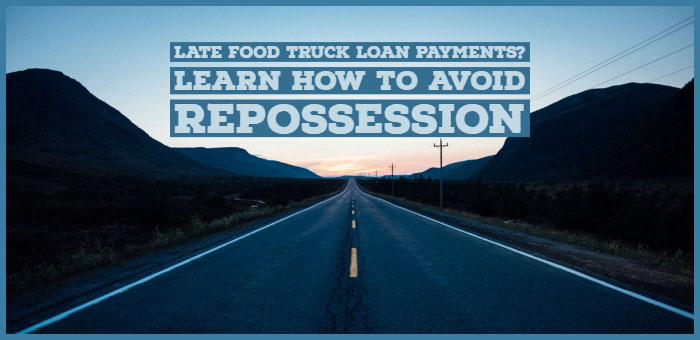In the first of our series, we discussed the basics and initial thoughts you should put time into to assist you in getting a mobile food business started. In Part 2 we will look at the costs involved in buying a food truck.
So you’ve pinpointed what food you would like to sell, whom your competition is and where you plan to sell your mobile cuisine. That’s a great start; however, now you have to take the next step. You must now identify the means in which you plan to get your fare to your customers and how much it will cost.
 Your first step in determining what type of vehicle you can afford is based solely on how much capital you have on hand or how much you can be approved to finance. Once you have determined your budget, you’ll be able to look at the various avenues in which you can acquire your mobile restaurant.
Your first step in determining what type of vehicle you can afford is based solely on how much capital you have on hand or how much you can be approved to finance. Once you have determined your budget, you’ll be able to look at the various avenues in which you can acquire your mobile restaurant.
From the earlier article, we suggested that you needed to find out who your competition is, now it’s time to go to them and see if they are willing to share their wisdom with you. Finding a current truck owner to use as a mentor not only will keep the competition friendly, but you will be able to learn from their mistakes. Find out who the reliable local vehicle dealers are in your area and who provides follow up after a purchase.
Renting a Food Truck ($2,000 – $10,000 per month)
Dependent on the type of equipment needed and the condition of the truck, the rental option (if available in your area) can be the least expensive way to start up a food truck business. When factoring in that most rental agreements include insurance and working permits in at least one municipality, this option eliminates much of your risk and initial cost. This may be the least initial expense; however it is an ongoing monthly cost, and you will not own the truck you are using.
Buying a Used Food Truck – ($10,000 – $75,000)
This is by far the most economical way to purchase your rolling kitchen, but at the same it carries with it, the most issues. If you decide to purchase a used truck, be sure to have a certified mechanic available to conduct an inspection. This is the largest investment you will have when starting up your business; you cannot afford to purchase a vehicle that is consistently in the shop.
Investigate regulations in the area you will be working. In many cities even if a vehicle meets the health department codes in one area, once a truck is sold, the new owner is responsible for bring it up to all current standards they plan to be licensed in.
RELATED: Food Trucks For Sale
Retrofitting your Food Truck
Although you can find a used vehicle on of the many sales sites such as eBay or Craigslist for under $10, 000, your investment price can skyrocket the minute you start installing vending windows, lined walls and floors, electricity, hot running water and a retail payment system are all necessary
Buying a New Food Truck – ($75,000 – $125,000)
Purchasing new is what most startups, we’ve spoken with, prefer if they can afford it. Ask your salesperson about the warranties they offer and what each covers. Another question you should have answered is if the dealer supplies a loaner truck should there be issues that take your truck off the road. The longer you are off the road; you will need an alternative plan to sell your product.
Buying Custom Food Trucks – ($125,000 – $300,000)
If a truck with the proper equipment configuration cannot be found, customizing a vehicle will be your last option. This by far is the most expensive and can take the most time before the truck is ready for delivery. Although most timing quotes will be from 4 to 6 weeks, be sure to talk with the shop’s previous customers to see if they followed through on their promises, or if it took much longer. Missing a proposed opening date because you received your truck 1-3 months late will make you look quite unprofessional. Reneging on timing can hurt any positive word of mouth you may have already received, and can be very difficult to recover from.
If you decide to have your truck built from scratch, be sure to use a local company who is familiar with all the current health code requirements. A knowledgeable builder can help speed the plan check process and your final inspection.
Take the time to test drive any food truck you are interested. You must determine the maneuvering of the vehicle and how its sightlines are. You do not want to get on the road and find out you need multiple spotters to be able to park in most areas, and why risk your insurance premiums if you can find a truck which maximizes your visibility?
Finally, if you decide to purchase, be sure the asking price is fair. Make sure you have researched similar equipped vehicles in similar condition. If you don’t have any skills in haggling, either learn, or take someone with you that can. In many cases the sellers are willing to accept offers as low as 15% or their asking price. Saving money on the front end can only help you in the long run.
Stay tuned for the next article in our series.



